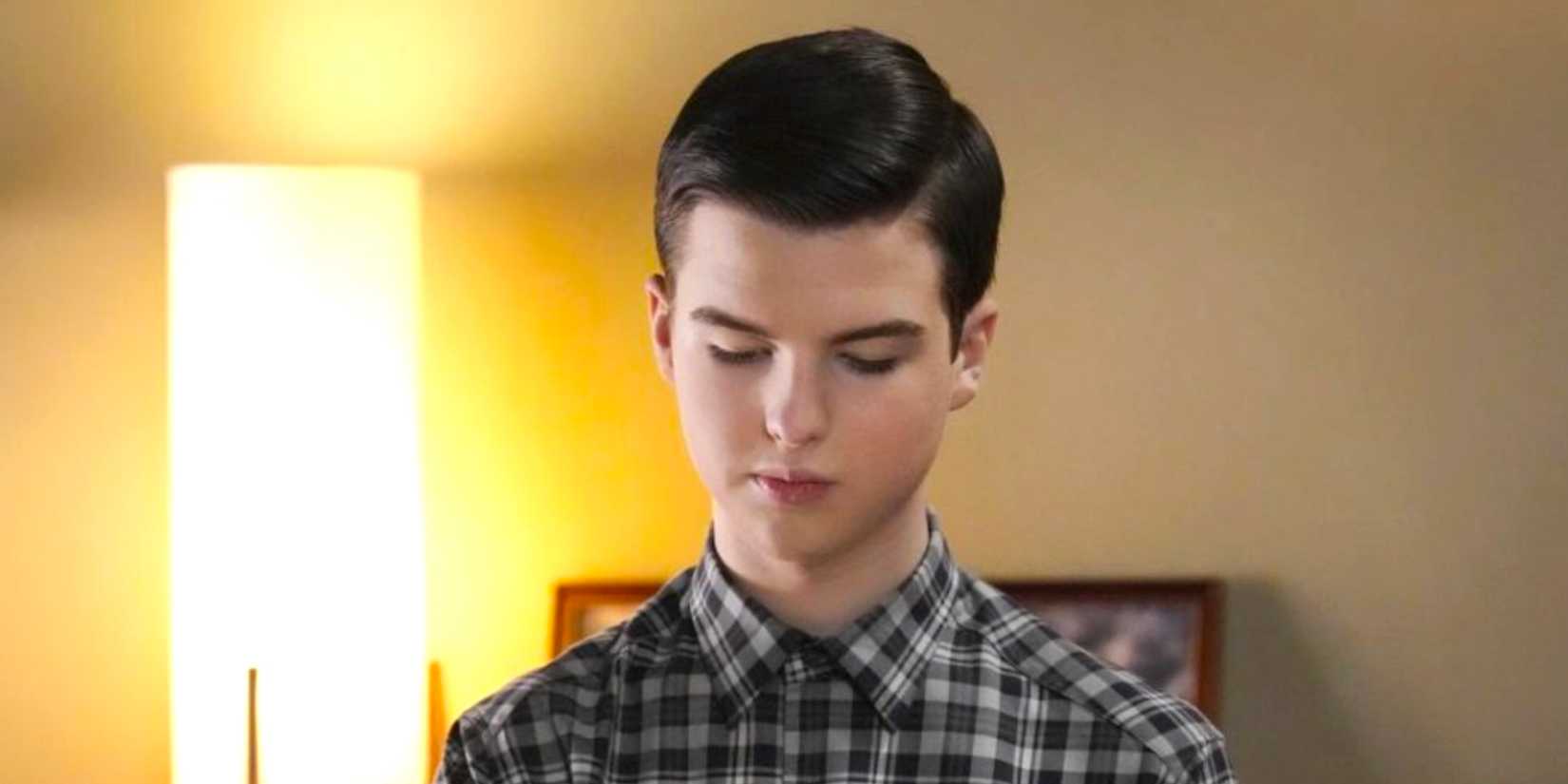
By the time The Big Bang Theory’s finale aired, the sitcom was one of the biggest shows on television and the most popular sitcom since Friends. As such, Young Sheldon had some pretty big shoes to fill, and the show took an ambitious, risky approach by dropping The Big Bang Theory’s laugh track and switching to a single-camera style.
These changes went on to define the show, and Young Sheldon’s best episode would never worked if the series maintained the broader, zanier tone of The Big Bang Theory. That being said, there were times when Young Sheldon could have benefited from some more fidelity to the lore of The Big Bang Theory, like Sheldon’s changing backstory.
Young Sheldon Almost Entirely Avoided Sheldon’s Bullying Background
Sheldon Claimed He Was The Victim of Terrible Bullying In The Big Bang Theory
Throughout The Big Bang Theory, Sheldon often spoke about the brutal bullying he faced throughout his childhood and adolescence. Sheldon talked about his twin sister and his older brother tormenting him, but he also said there was a lot of physical bullying meted out on him at school during his youth.
Sheldon bitterly believed himself to be smarter and better than almost everyone else in The Big Bang Theory, and it seemed reasonable to assume that this belief came from his childhood isolation, alienation, and bullying. However, as the spinoff continued and Young Sheldon’s Missy and Sheldon remained close, it became tougher to justify this outlook.
Since the prequel cut his childhood bullying, Sheldon’s self-obsession now seems less justified and more unpleasant upon a rewatch.
If Sheldon was a victim of terrible bullying, it would not be all that surprising for him to have become self-centered in adulthood. However, since the prequel cut his childhood bullying, Sheldon’s self-obsession now seems less justified and more unpleasant upon a rewatch of the original show. Two earlier sitcoms make this particularly unfortunate.
Cutting Sheldon’s Bullying Makes His Big Bang Theory Personality Worse
Young Sheldon Changed Sheldon’s Entire Original Show Backstory
However, since Young Sheldon had a lighter, warmer tone than these earlier sitcoms, The Big Bang Theory’s spinoff wasn’t equipped to handle bullying storylines. The one time Sheldon did have a serious issue with a bully, the entire punchline of the plot was that she was a smaller, younger girl than him, meaning he wasn’t in substantial danger.
As such, although Sheldon’s overwhelming self-interest seemed like a protective trait designed to shield him from bullies, Young Sheldon changed this. Remove the past bullying, and he’s just a self-centered character, thus making his role in The Big Bang Theory seem less likable in retrospect. This also hurts Sheldon’s Georgie & Mandy’s First Marriage season 2 role.
| The Big Bang Theory Franchise Project | Release Years | # of Seasons |
|---|---|---|
| The Big Bang Theory | 2007-2019 | 12 |
| Young Sheldon | 2017-2024 | 7 |
| Georgie & Mandy’s First Marriage | 2024-Present | 1 |
| Stuart Fails To Save The Universe | N/A | N/A |
In The Big Bang Theory season 11, episode 23, “The Sibling Realignment,” Georgie claimed that he alone was expected to help out his mother and sister after George Sr. died suddenly and Sheldon moved to California shortly afterward. At the time, this seemed like an inevitable outcome.
Young Sheldon Failed To Fix This Big Bang Theory Inconsistency
The Prequel Had Chances To Justify Sheldon’s Obstinacy
However, Young Sheldon revealed that Sheldon didn’t face much bullying at all, making Georgie a better big brother than he seemed in the original show. While Georgie & Mandy’s First Marriage season 2 may offer another, more detailed explanation for their estrangement, it seems as if the pair’s fight has been largely discredited by the prequel.
Although earlier sitcoms did manage to make the topic funny and relatable, it is very understandable that the creators of Young Sheldon wanted to avoid depicting bullying. After all, it’s highly unpleasant, and it is a hard subject to laugh about outside of Sheldon’s glib, throwaway references to unseen childhood traumas in The Big Bang Theory.
However, even if the creators wanted to avoid depicting bullying, Sheldon could still have struggled to be taken seriously in college, and that could have justified his arrogance instead. This would have been an alternative, equally understandable reason for the former child prodigy to feel mistreated, thus explaining the chip on his shoulder.
As such, even though Young Sheldon’s finale offered more insight than ever into Sheldon’s mind, the prequel wasn’t perfect when it came to setting up his story. Young Sheldon cutting The Big Bang Theory’s reminiscences of childhood bullying resulted in the spinoff making the original show’s hero less relatable.



